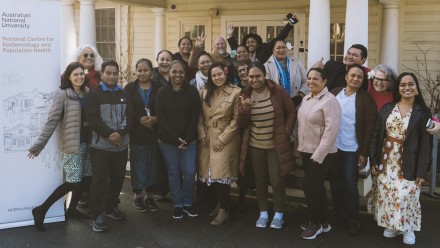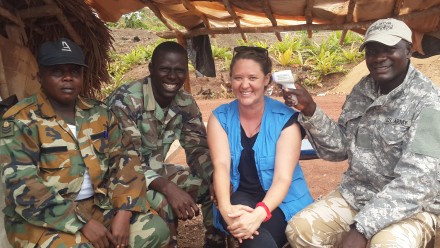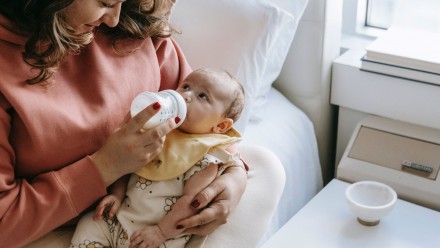Scientific and Technical Area, or Everyday Life? – Analysis of Legal Regulations and Social Norms Around Human Milk Exchanges in Selected European Union Countries
Share
Event Description
The presentation address how law and society intersect in the process of setting norms on human milk exchanges in selected EU countries, namely how law is socially constructed in regard to wider social norms systems (e.g., gender, family life norms) and how law is framing social reality.
Abstract
The aim of the presentation is to present preliminary results of the project ‘White market. Institutionalization of practices regarding human milk exchanges in Europe’. Current legislative and institutional background for human milk exchanges in European Union countries as well as links between norms regarding human milk exchanges and norms regarding motherhood and family life will be discussed.
The research addresses intersections between law and society, and how legal norms are framed by and are framing social norms on human milk exchanges. The analyses are focused on the process of normative institutionalization of the practices of human milk exchanges – human milk banking, sharing and selling – in selected European Union countries. Unlike other substances of human origin being banked and donated, and despite a long history of wet- nursing, human milk and its exchanges remain unregulated in the majority of EU countries. Existing regulations are diversified – human milk is being regulated under food law regime or medical law regime (similarly to substances like
blood, tissues or cells). The regulatory model influences legality and social perception of different forms of human milk exchanges. With new regulation on the European Union’s level proposed by the European Commission in 2022, harmonized rules regarding the legal classification of human milk as a substance of human origin are introduced in this underregulated on the one hand and – on the other hand – diversified landmark of European regulatory models.
Divergent research methods, including content analysis of source documents, in-depth interviews with experts in the field, and discourse analysis, were applied to examine: 1) the negotiation process of the new, common regulation; 2) current situation in selected countries. The analyses aimed at addressing questions of values, beliefs, and norms laying behind the law and policies, social consequences of certain regulatory models and compatibility of the legal regulations with the social norms, both on pan-national and national level.
Preliminary results of analyses of legislative, political and expert discourse around European Commission’s proposal will be presented, as well as reliminary results of analyses conducted in four EU member states with different regulatory approaches to human milk and its exchanges – Poland, Germany, France and Slovakia. Identified initial themes, such as medicalization of human milk exchanges, commodification of human milk, positioning donor human milk as an interventive measure, and placing it between the breastfeeding and formula feeding discourses will be briefly discussed.
Speaker Bio
 Malgorzata Gawronska is a PhD candidate at the Faculty of Sociology, University of Warsaw, Poland. Her research interests include sociology of family life with special regard to parental practices, medical sociology, and sociology of law and policy. Her PhD Project focuses on the relation between law and society in the process of setting norms on human milk exchanges in Europe. She gained research experience in national and international projects funded by Polish National Science Centre and National Agency for Academic Exchange. Outside of her academic work, since 2019 she is closely cooperating with polish Human Milk Bank Foundation.
Malgorzata Gawronska is a PhD candidate at the Faculty of Sociology, University of Warsaw, Poland. Her research interests include sociology of family life with special regard to parental practices, medical sociology, and sociology of law and policy. Her PhD Project focuses on the relation between law and society in the process of setting norms on human milk exchanges in Europe. She gained research experience in national and international projects funded by Polish National Science Centre and National Agency for Academic Exchange. Outside of her academic work, since 2019 she is closely cooperating with polish Human Milk Bank Foundation.








